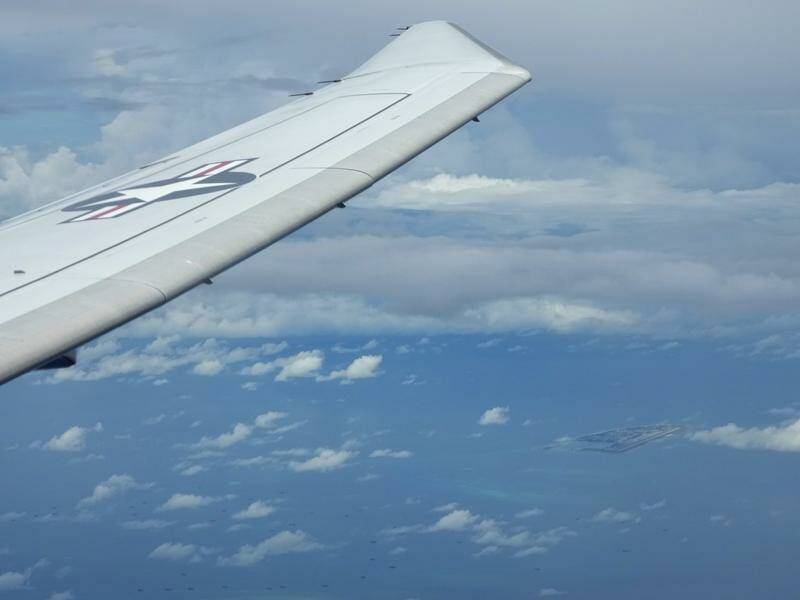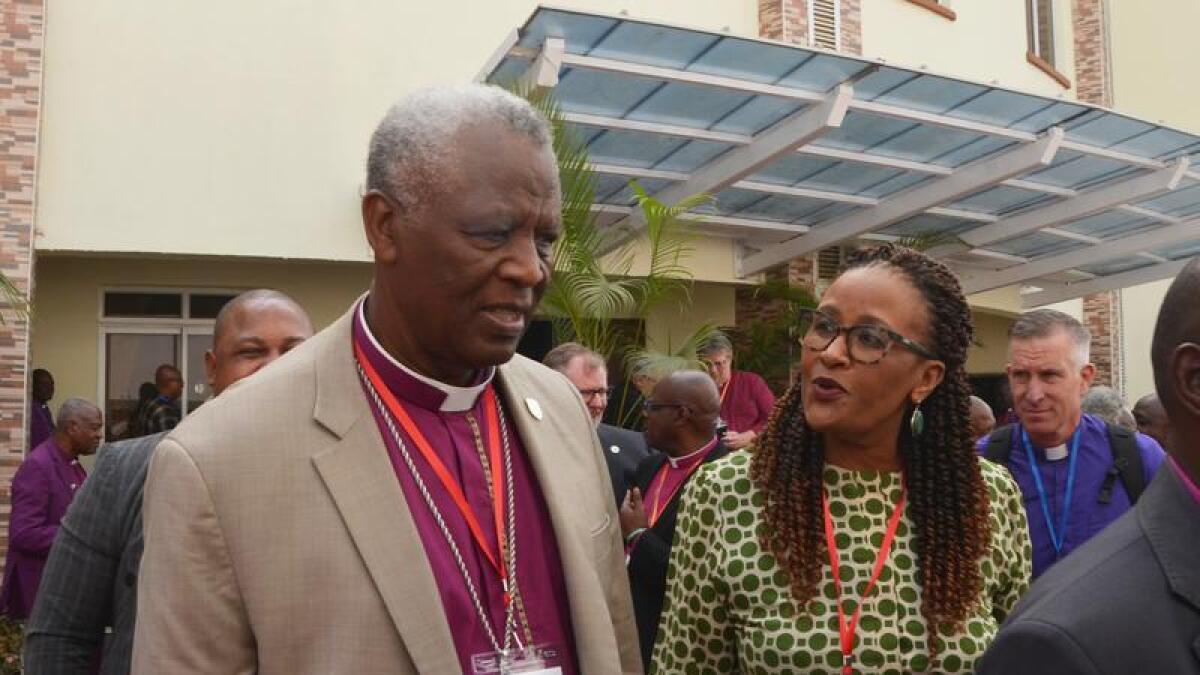
The Pentagon has engaged in discussions with Japan and Australia, requesting clarification on their potential roles should a conflict arise between the United States and China over Taiwan. This development, reported by the Financial Times, highlights the increasing urgency surrounding security dynamics in the Asia-Pacific region.
Elbridge Colby, the U.S. Deputy Under Secretary of Defense for Policy, has been at the forefront of these talks. According to sources familiar with the discussions, Colby’s inquiries caught both Tokyo and Canberra by surprise, as they were not expecting such direct questions regarding their military commitments. The report, published on March 16, 2024, indicates that the U.S. administration has not provided explicit guarantees regarding its defense of Taiwan, complicating the expectations placed on its allies.
Taiwan has been under significant military pressure from Beijing, which has conducted numerous military exercises in the region to assert its claims of sovereignty over the island. Taiwan continues to reject these claims, maintaining its status as an independent entity. The U.S., despite lacking formal diplomatic ties with Taiwan, remains its primary arms supplier, providing crucial military support in the face of increasing threats from China.
Colby, who served as Deputy Assistant Secretary of Defense for Strategy and Force Development during President Donald Trump’s first term, has been an advocate for prioritizing U.S. military strategy in response to the challenges posed by China. His stance emphasizes a shift away from traditional focus areas like the Middle East and Europe, aligning military resources towards countering China’s influence.
The discussions reflect broader strategic considerations as the U.S. navigates its relationships with allies in the region. Both Japan and Australia have been strengthening their defense partnerships with the United States, particularly in light of rising tensions in the Indo-Pacific. However, the lack of a clear U.S. commitment to Taiwan complicates these partnerships.
The U.S. Department of Defense did not provide immediate comments to requests for clarification on this matter. As the situation continues to evolve, the implications of these conversations may have lasting effects on regional security dynamics, especially if tensions between the U.S. and China escalate further.
In conclusion, the Pentagon’s outreach to Japan and Australia regarding their roles in a potential Taiwan conflict underscores the complexities of military alliances in a rapidly changing geopolitical landscape. With Taiwan facing increased pressure from China, the U.S. must navigate its commitments carefully while ensuring its allies are prepared for any eventualities.







